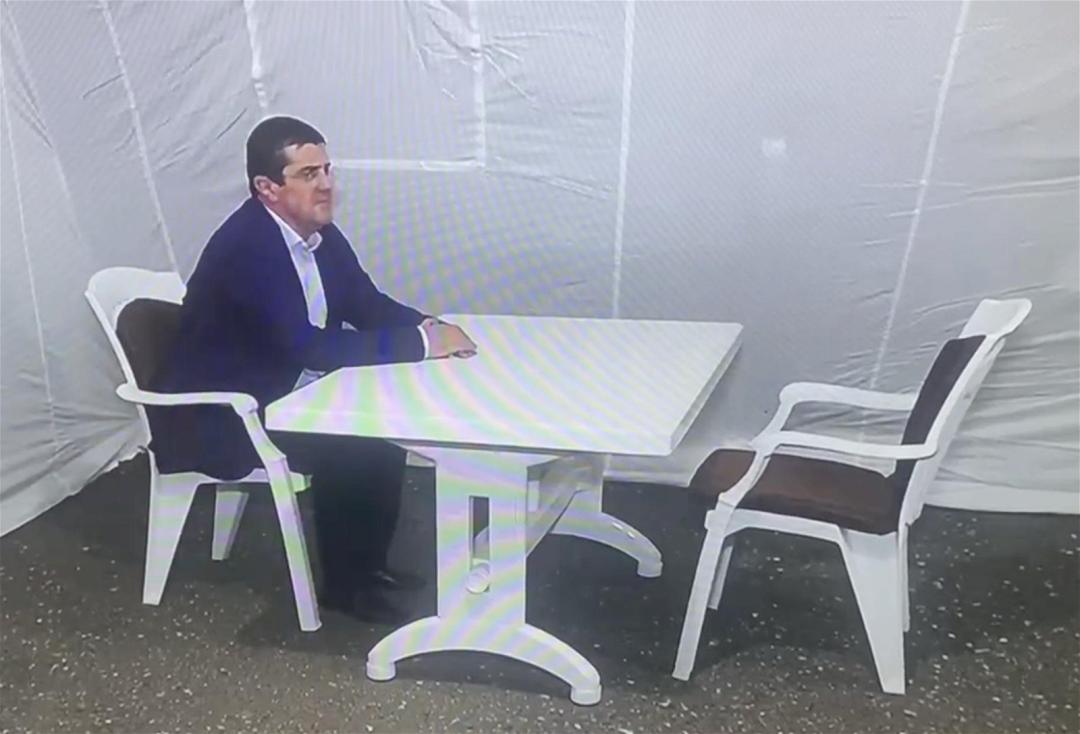
De-facto Nagorno-Karabakh President Joins Protest Against Azerbaijan's Blockade

Nagorno-Karabakh’s de-facto president Arayik Harutyunyan made a late-night announcement on July 17, declaring his participation in the ongoing protests in the capital. The protests aim to draw international attention to the deteriorating situation faced by the ethnic Armenian population in the region, specifically due to Azerbaijan's blockade of the Lachin corridor.
According to Harutyunyan, the Armenian population in Karabakh is grappling with severe scarcities of essential supplies such as food, medicine, and energy and confronting a genuine threat of physical annihilation. He expressed his expectations for Armenia, Russia, the United States, and the European Union to vocalize their demands for lifting the blockade and take tangible actions to support Karabakh. Additionally, he called for acknowledging and safeguarding Karabakh’s right to self-determination.
“If the plight of the Karabakh people does not return within a week to a more or less stable and normal state with international intervention, then we will resort to tougher actions both in Karabakh and outside of it,” he stressed before joining a continuous sit-in.
Harutyunyan’s decision to join the protests sparked a range of opinions among Armenian experts and politicians. Some experts expressed criticism, suggesting that his participation might not significantly impact international actors. Instead, they proposed that negotiating with the Russian side could be a more effective approach to addressing the humanitarian situation through air cargo transportation.
Azerbaijan intensified the blockade in mid-June by prohibiting all relief supplies to Karabakh, including those carried out by peacekeepers and the International Committee of the Red Cross. This action further exacerbated the shortages of vital resources such as food, medicine, fuel, and other essential items.
In response, the Russian Foreign Ministry strongly appealed to Azerbaijan, urging them to lift the blockade and restore the flow of electricity and natural gas supplies from Armenia to Karabakh. However, Baku rejected the call and criticized Moscow using unusually strong language. The United States and the European Union also reiterated their calls for reopening the corridor to ensure the resumption of traffic and essential supplies to the region.
See Also


Mirzoyan Meets US Deputy Assistant Secretary Joshua Huck

Azerbaijani President Holds Talks with UAE and German Business Delegations on Economic Cooperation

Grigoryan Confirms Armenia’s Readiness to Dissolve OSCE Minsk Group Upon Peace Treaty Signing

Azerbaijani Official Warns of Ecological Risks to Caspian Sea, Similar to Lake Urmia and Aral Sea

